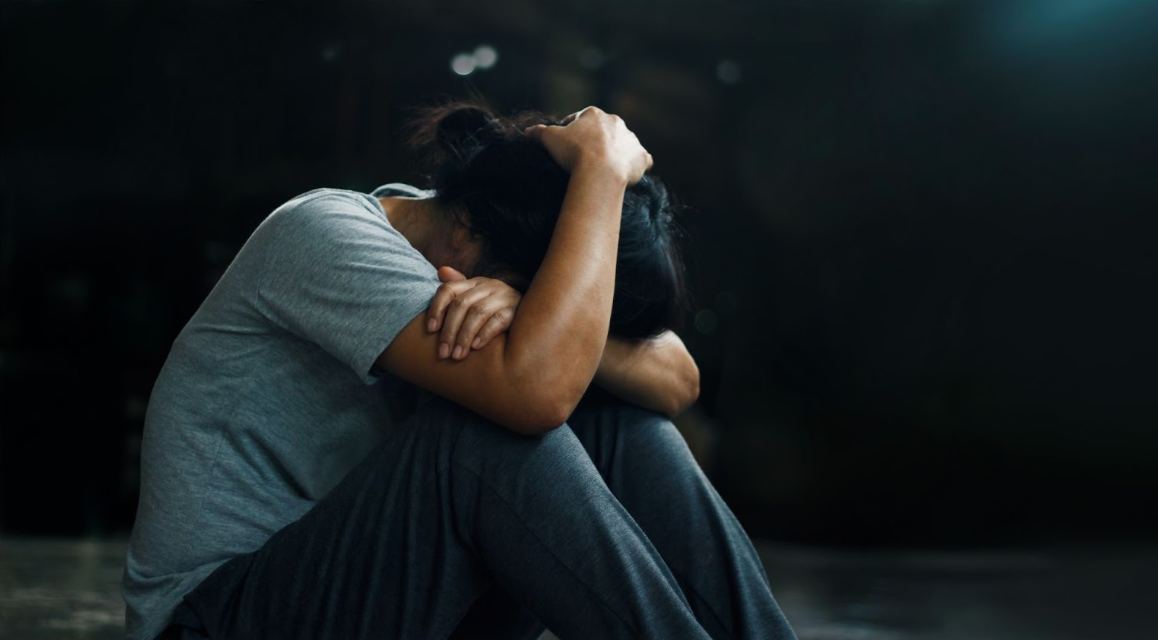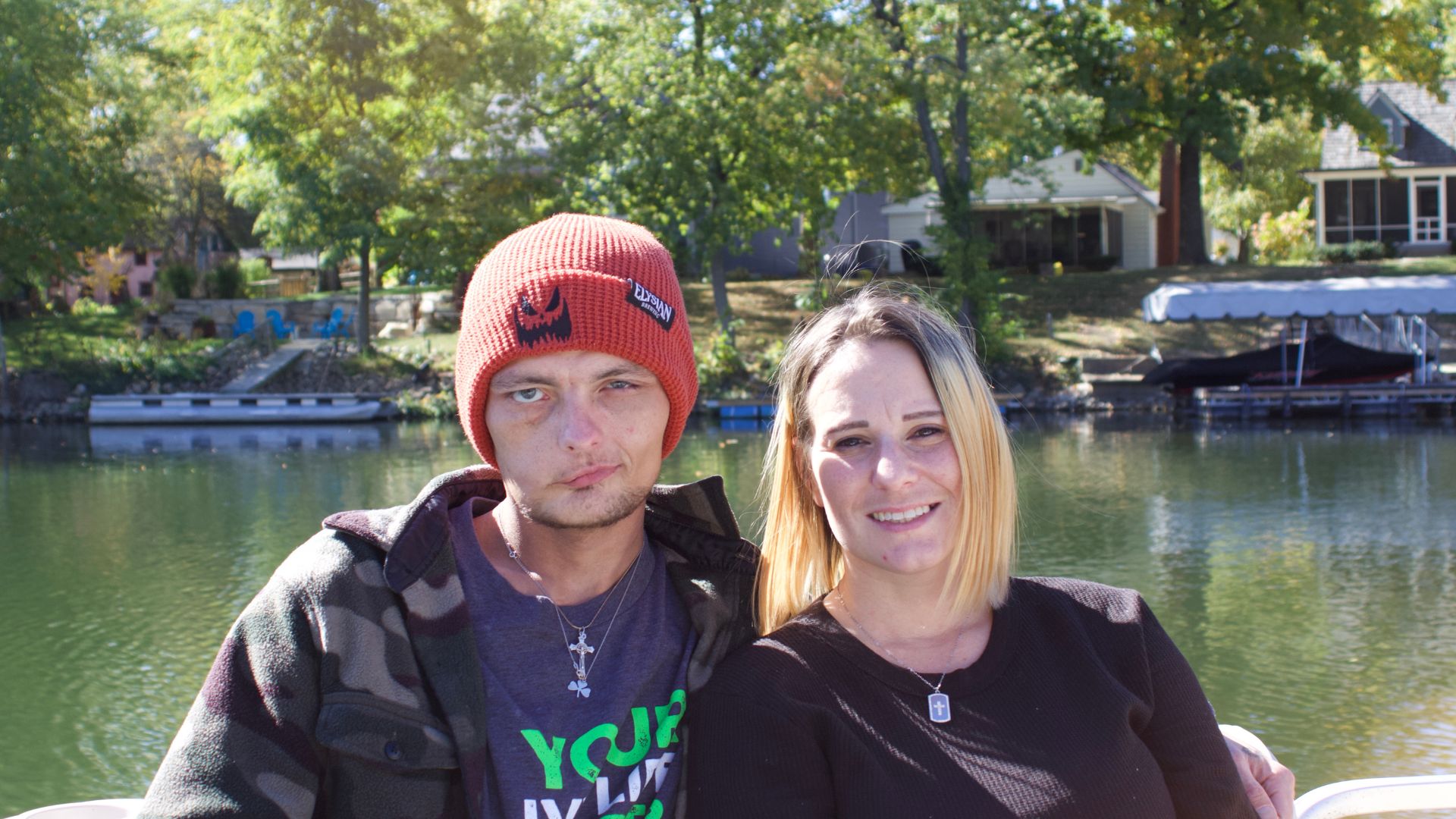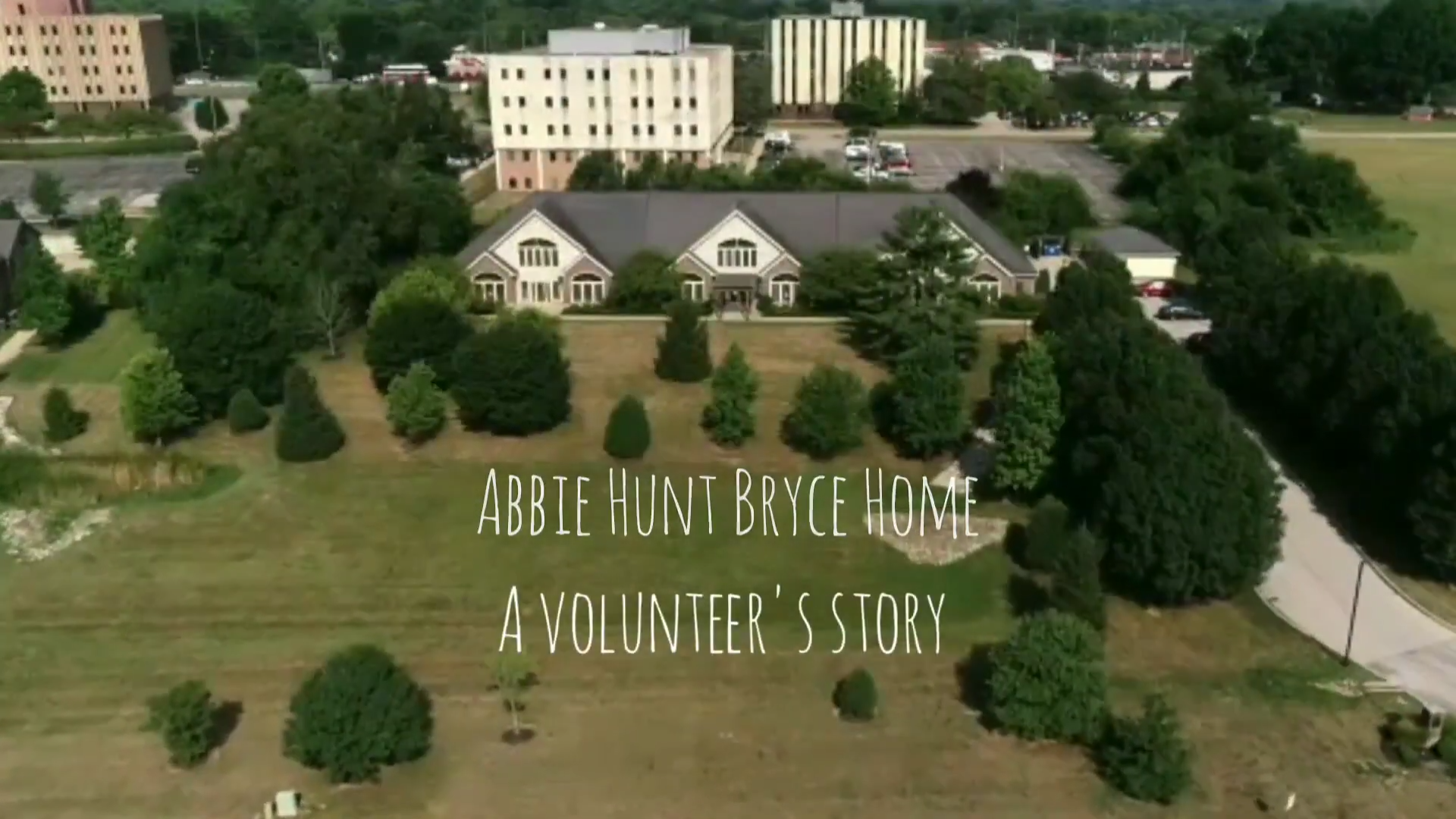Our Home runs on community support! Help hospice patients in need – donate today.
Coping with Grief and Bereavement: Tips for Dealing with Loss

There’s no easy answer for how to cope with grief and no shortcut for the process of grieving. But with some expert-recommended strategies, you can start to find a path forward that supports your unique grieving process.
One of the most difficult and life-changing experiences that we as humans go through is the loss of a loved one. Even when the loss is anticipated, the many emotions (and physically embodied symptoms) that emerge once it occurs can feel overwhelming, unpredictable, and disorienting. They can feel too big to cope with.
We all grieve, but we all grieve differently—which makes it even harder to feel connected to others during this important time in your life.
While there’s absolutely no “easy guide” on how to cope with grief, there are some common strategies recommended by grief counselors and bereavement professionals. If you are currently going through the grieving process, here are seven tips to help.
Please keep in mind that no strategy will be helpful to everyone. If some piece of advice doesn’t serve your grieving process, set it aside and try something else.
1. Acknowledge Your Feelings
Most grief experts agree that a fundamental step toward moving through the grieving process is simply accepting whatever feelings you have.
These feelings will change from moment to moment and from day to day, and the more you can accept them without judgment or self-criticism, the more you’ll be able to process them.
While you may have a few dominant feelings throughout the process of grieving, you’ll likely experience the full range of emotions at one time or another. These might include:
- Pain
- Confusion
- Sadness
- Anger
- Frustration
- Disbelief
- Hopelessness
- Helplessness
- Envy at those not dealing with grief
- Despair
- Dread
- Indignation
- Brain fog
- Loneliness
- Anxiety
- Fear
- Guilt
- Regret
- Apathy
- Relief
- Peace of mind
- Happiness
- Comfort
- Joy
- Nostalgia
- Hope
2. Know That Your Feelings Are Normal

Grief is a natural and completely human response to the loss of an important person. Every relationship is different, and every loss will be different, too. The way you grieve the loss of your mother won’t be the same as the way your sibling does.
There is truly no “normal” way to grieve.
The grieving process will be different based on your life experience, your personality, your spiritual or religious belief system, your culture, your age and stage of life, and your relationship with the person you loved and lost.
No matter what you are feeling at any moment—sadness, guilt, relief, happiness—it’s okay.
3. Understand That The Grieving Process Is Not Linear
Just as there’s no “normal” way to grieve, there’s no linear process for dealing with grief. We all wish there was an easy answer to “How long is the grieving process?”…but there isn’t.
To help you deal with your grieving process no matter how long it takes, professional counselors and hospice professionals recommend:
- Being patient with the process and understanding that it takes time
- Never pressuring yourself to “just get over it” or “move on” quicker
- Knowing that grief comes in waves or cycles and does not progress in a straight line from grief to “not grief”
- Reflecting on the truth that how you feel right now will not be how you feel forever (impossible as that may seem)
Even the commonly known five stages of grief are not a linear process from step 1 to step 5, and some experts question how universal the stages really are. Your process will be unique to you and full of highs and lows—and that is normal.
4. Look After Your Body, Too

When most people think of grief, bereavement, or loss, they probably consider the emotional impact above all. But grief can also be an intensely physical experience.
Due to biological changes in your body, it’s common to experience physical symptoms of grief and bereavement:
- Bodily fatigue
- Racing heart
- Chest tightness and pain (often called “broken heart syndrome”)
- General aches and pains
- Digestive disruptions
- Loss of appetite
- Headaches
- Insomnia
Being gentle with yourself—by resting, taking time off from work if possible, and generally monitoring your current body state—can help manage the physical symptoms of grief. Just knowing that they’re normal can help, too.
If any of the physical symptoms of grief feel very prolonged or very intense, please contact a physician.
5. Be Aware of Some Common Myths
Many painful emotions surrounding grief come from unstated expectations that we as a society have about the grieving process. (Or maybe some unhelpful people around you have actually stated these myths out loud, which has caused further pain.)
Here are some of the things you’ve probably heard about grief that really aren’t true:
- You should cry a lot, or else you aren’t really sad.
- If you just ignore the grief, it’ll go away.
- Grief should only last [XYZ amount of time].
- If the loss was anticipated, then you should have been ready and you shouldn’t feel so upset now.
- If you didn’t seem extremely close to the deceased person, then you shouldn’t be grieving so intensely.
- You should avoid talking about your loss so that you can get back to normal and not burden others with it.
- You should be strong and try to keep your emotions contained so that you get it over faster.
- Moving through grief (and eventually moving on) means you’re forgetting about or diminishing the person you loved.
All of these myths share a common thread of “should.” You should do this… You shouldn’t do that…
These kinds of statements are almost never helpful because the grieving process is unique for each of us. If you hear these common myths, allow yourself to let them pass you by. You are doing what you need to do to process your loss, and “should” is not helpful.
6. Share Your Experience

Sharing your feelings of pain, loss, and grief can be helpful for moving your body and mind through the grieving process. Depending on your comfort levels and where you live, you might seek out:
- Trusted friends
- Close family members
- Grief support groups
- Support groups at your local religious center
While face-to-face support is often the most helpful in our times of loneliness and need, sometimes it’s not possible. If you do not have an in-person support outlet, consider joining online grief support groups or forums.
Private journaling (either in writing, voice recording, or video recording) can also serve as an outlet for getting your feelings out and understanding how to survive grief in a way that works for you.
7. Find Outlets and Distractions
While distracting yourself from the loss is not a strategy that’s recommended in isolation, it can be helpful when combined with the other tips above. As long as you’re working toward accepting your feelings, processing them, and being patient with the process, it’s perfectly okay to “take a break” from grieving.
Many people find that scheduling distractions is a way of granting themselves permission to (at least try to) focus on something else other than their painful loss. These distractions might be:
- Visiting friends or family
- Physical exercise
- Getting out of the house (even to run an errand)
- Creative pursuits
- Participating in religious services
- Small self-care routines: a hot bath, a nap, a massage, etc.
8. Don’t Be Afraid to Seek Help
If your grief is especially intense or prolonged to the point that it’s interfering with your daily activities or is causing distressing changes in your personality or outlook, it might be helpful to seek professional help.
If you or those close to you have noticed signs of depression after a loss (or what is often called “complicated grief”), we recommend seeking a professional counselor, bereavement therapist, or other mental health provider.
If you are feeling suicidal, call the National Suicide Prevention Lifeline at 800-273-8255 or chat online with them.
More About Morning Light

As a nonprofit organization offering a free home for hospice patients in Indianapolis, the Morning Light team is very familiar with the pain of grief, loss, and bereavement.
We know how difficult the grieving process is and how unique it is to each person and each family. If you are coping with grief, please know that you are not alone!
If this blog was helpful to you, please consider donating to support what we do or learn how else to get involved.




